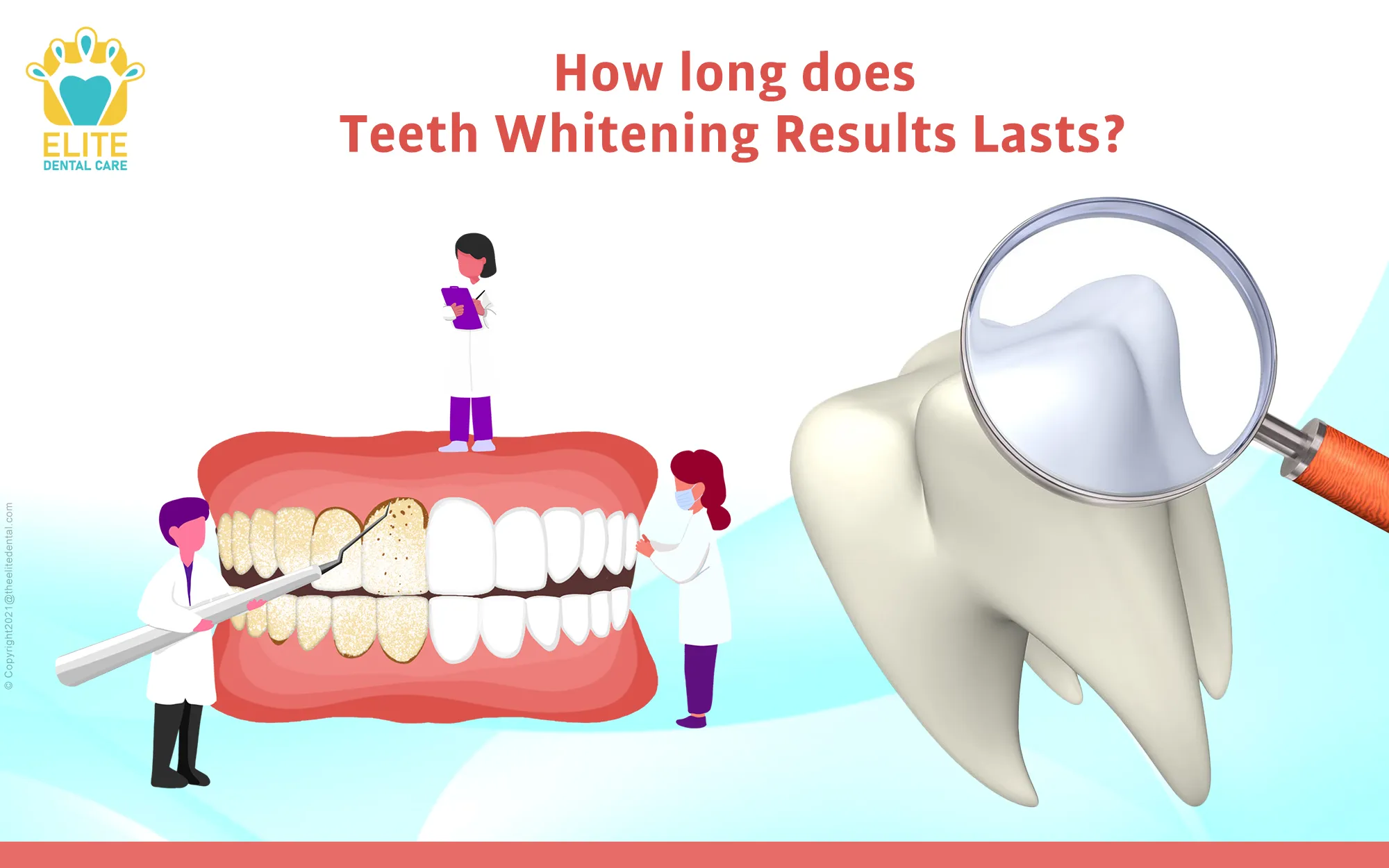How Long Teeth Whitening Last? Overview
Teeth whitening is a popular cosmetic procedure designed to brighten your smile by removing stains and discoloration from your teeth. Many people are drawn to the allure of a brighter, more confident smile. But a common question arises How long does teeth whitening last? The answer isn’t a simple one, as the longevity of your whitening results can vary significantly based on several factors, including the type of whitening treatment you choose, your lifestyle habits, and your oral hygiene routine. Understanding these elements is crucial for managing expectations and maximizing the lifespan of your newly whitened teeth. This guide explores the key determinants of how long your teeth whitening will last, offering insights to help you maintain your dazzling smile for as long as possible.
Type of Whitening Treatment
The type of teeth whitening treatment you undergo significantly impacts how long the results will endure. Different methods utilize varying concentrations of whitening agents and application techniques, leading to diverse outcomes in terms of both immediate impact and long-term durability. The choice between professional and at-home treatments often hinges on your budget, convenience preferences, and the degree of whitening you desire. Each approach has its own set of advantages and disadvantages, which should be carefully considered to ensure the best possible outcome for your specific needs and lifestyle. A discussion of each method can help you determine the best method to match your expectations.
In-Office Teeth Whitening
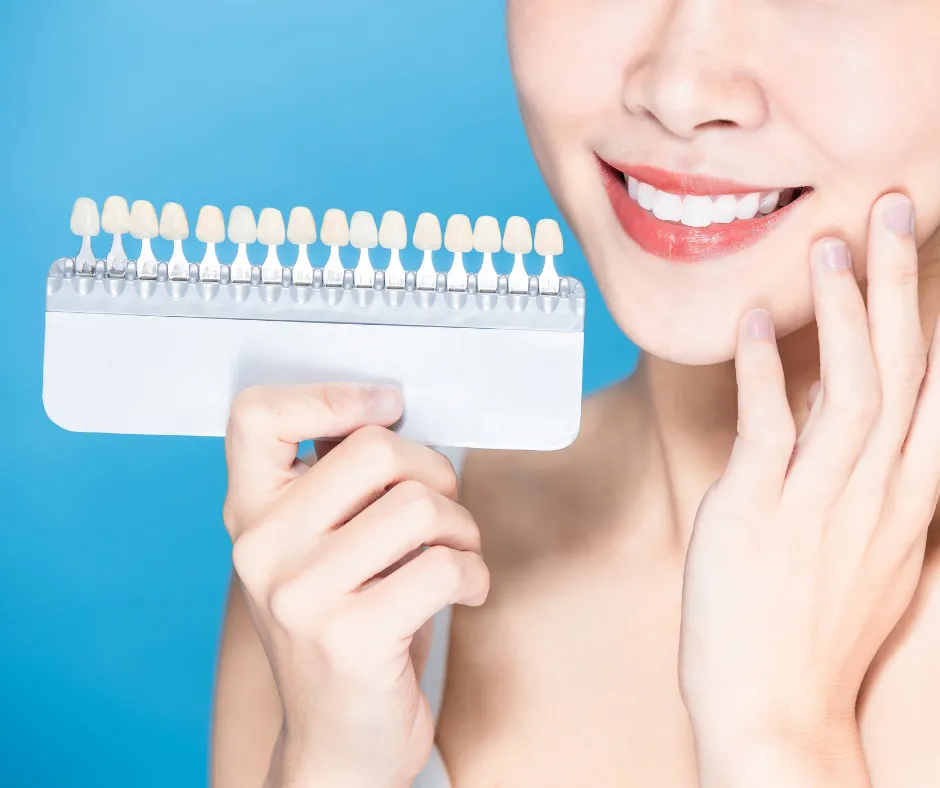
In-office teeth whitening, often performed by a dental professional, typically offers the most immediate and dramatic results. These treatments use high concentrations of bleaching agents, such as hydrogen peroxide, and are often combined with special lights or lasers to accelerate the whitening process. The intensity of these professional treatments can lead to significant whitening in a single session, making it ideal for those seeking rapid transformations. The use of a skilled dentist ensures the safety of the procedure, minimizing risks like gum irritation or tooth sensitivity. While in-office treatments can be more expensive, their immediate impact and the guidance of a dental professional often make them a worthwhile investment for many.
At-Home Teeth Whitening Kits
At-home teeth whitening kits offer a more convenient and cost-effective alternative to professional treatments. These kits usually include custom-fitted trays or strips filled with a lower concentration of bleaching agents. They require consistent use over a period of days or weeks to achieve visible results. While at-home kits may not provide the same dramatic whitening as in-office treatments, they are a practical option for maintaining or slightly enhancing your smile’s brightness. It’s essential to follow the product instructions carefully to ensure safe and effective use, and consider consulting with a dentist to find a product that suits your needs and dental health condition.
Professional vs At-Home Whitening
The longevity of teeth whitening results often differs between professional and at-home treatments. In-office whitening, with its higher concentration bleaching agents, can produce results that last from one to three years, depending on individual habits. At-home kits generally offer less potent formulas, meaning that the results might fade more quickly, possibly within a few months to a year. Regardless of the method chosen, maintenance is key. Both types of whitening can be maintained through consistent oral hygiene and by avoiding habits that lead to staining. The choice between these methods should consider individual lifestyle factors, budget considerations, and the desired level of whitening.
Factors Influencing Longevity
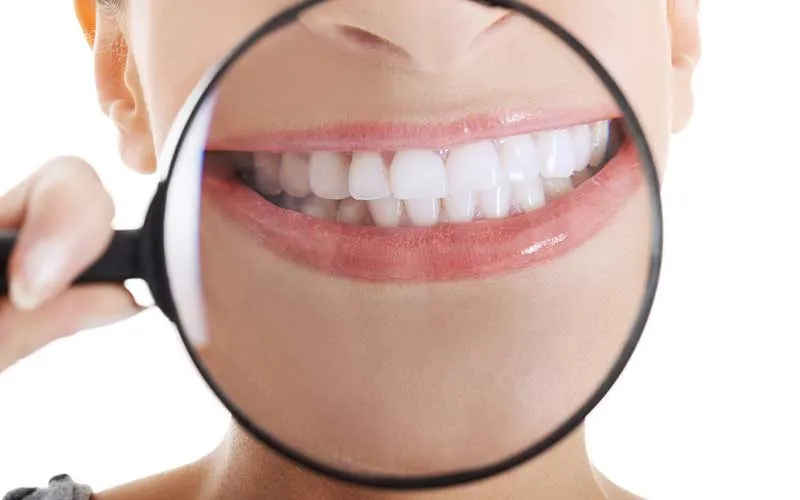
Several lifestyle habits and personal factors play a key role in determining how long your teeth whitening results will last. Understanding these influences allows you to make informed choices that protect and extend the brightness of your smile. From the foods and drinks you consume to your daily oral hygiene routine, each decision impacts the lifespan of your whitened teeth. Being mindful of these elements can help maximize the time your teeth stay bright, enhancing both your oral health and your self-confidence. This section discusses some key aspects to consider when considering how long the teeth whitening will last.
Diet and Lifestyle
Your diet and overall lifestyle significantly impact how long your teeth whitening results last. Certain foods and drinks contain pigments that can stain teeth, leading to a quicker fading of your whitening treatment. Habits like smoking also hasten discoloration. Maintaining a balanced diet and avoiding stain-causing substances is crucial for preserving a bright smile. These practices not only prolong the effects of your whitening procedure but also contribute to your overall dental health. By making informed choices, you can enjoy the benefits of a whiter smile for a more extended period.
Food and Drinks to Avoid
Certain foods and beverages are notorious for causing teeth stains and should be limited or avoided to preserve your whitening results. Coffee, tea, red wine, and dark-colored sodas are major culprits, as they contain tannins and chromogens that bind to the tooth enamel. Additionally, highly pigmented foods like berries, soy sauce, and curries can also contribute to staining. Being mindful of your dietary choices and minimizing your intake of these items can significantly help in maintaining the brightness of your teeth for a longer time. Consider using a straw for beverages and rinsing your mouth with water after consuming stain-inducing foods and drinks.
Smoking and Tobacco Use
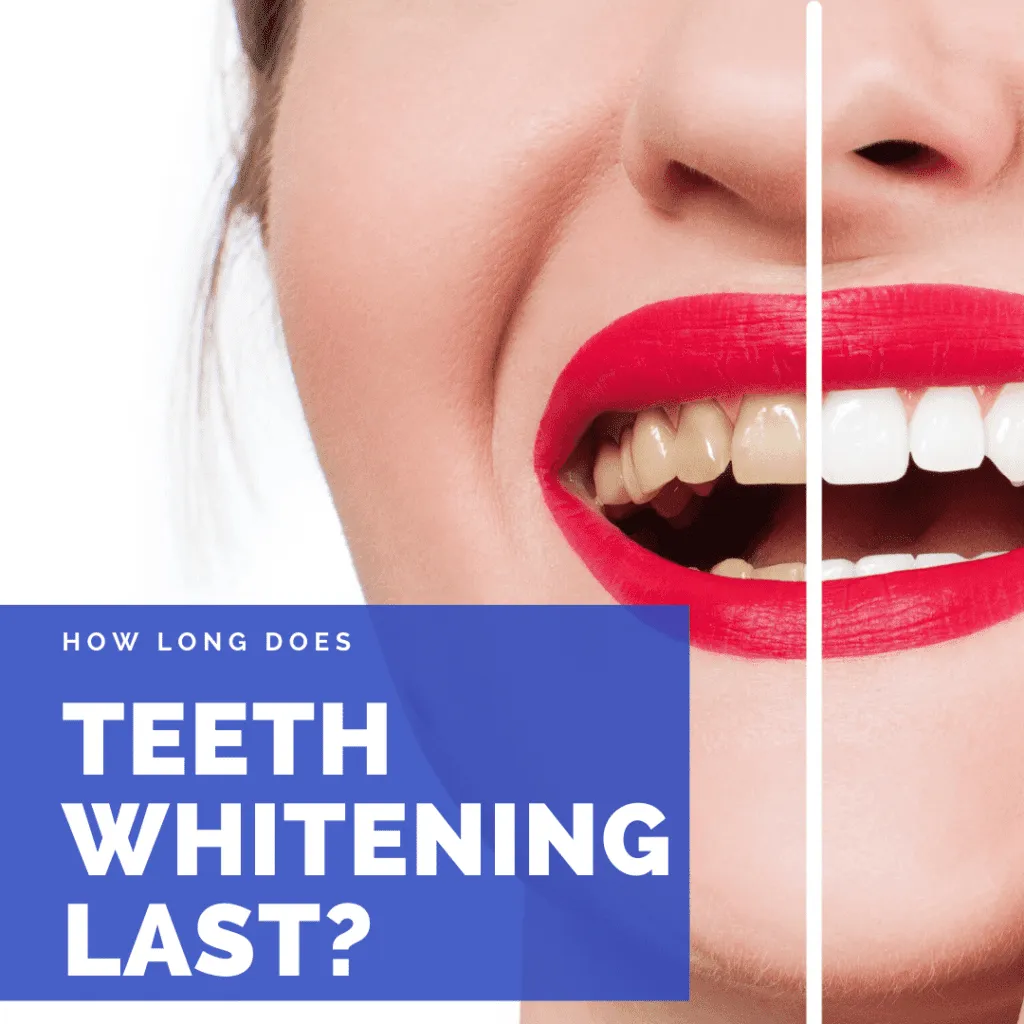
Smoking and the use of other tobacco products are major contributors to tooth discoloration, making it one of the most detrimental habits for maintaining teeth whitening results. Nicotine and tar in tobacco not only stain teeth, but also damage the enamel, making them more susceptible to future staining. Quitting smoking is a critical step in preserving your bright smile and improving your overall oral health. If you are a smoker, seek professional help for quitting and adopt habits that support a healthier lifestyle to protect the results of your teeth whitening treatment.
Oral Hygiene Practices
Maintaining good oral hygiene is essential for preserving the results of teeth whitening. Regular and effective brushing and flossing, alongside regular dental check-ups, can help remove surface stains and prevent the buildup of plaque and tartar, which can dull your smile. Proper oral hygiene not only maintains your teeth’s brightness, but also reduces the risk of cavities and gum disease, contributing to overall oral health. Consistency in your oral care routine will enhance the longevity of your whitening results and contribute to a healthier, more confident smile.
Brushing and Flossing
Brushing your teeth at least twice a day with a whitening toothpaste and flossing daily are crucial for removing food particles and plaque that can lead to staining. Using a soft-bristled toothbrush and applying gentle pressure can prevent damage to your enamel. Flossing helps to remove plaque and food debris from between your teeth and along the gum line, where brushing may not reach. Consistent and thorough brushing and flossing not only keep your teeth clean but also help in preventing the buildup of stains, thereby extending the life of your teeth whitening.
Regular Dental Checkups
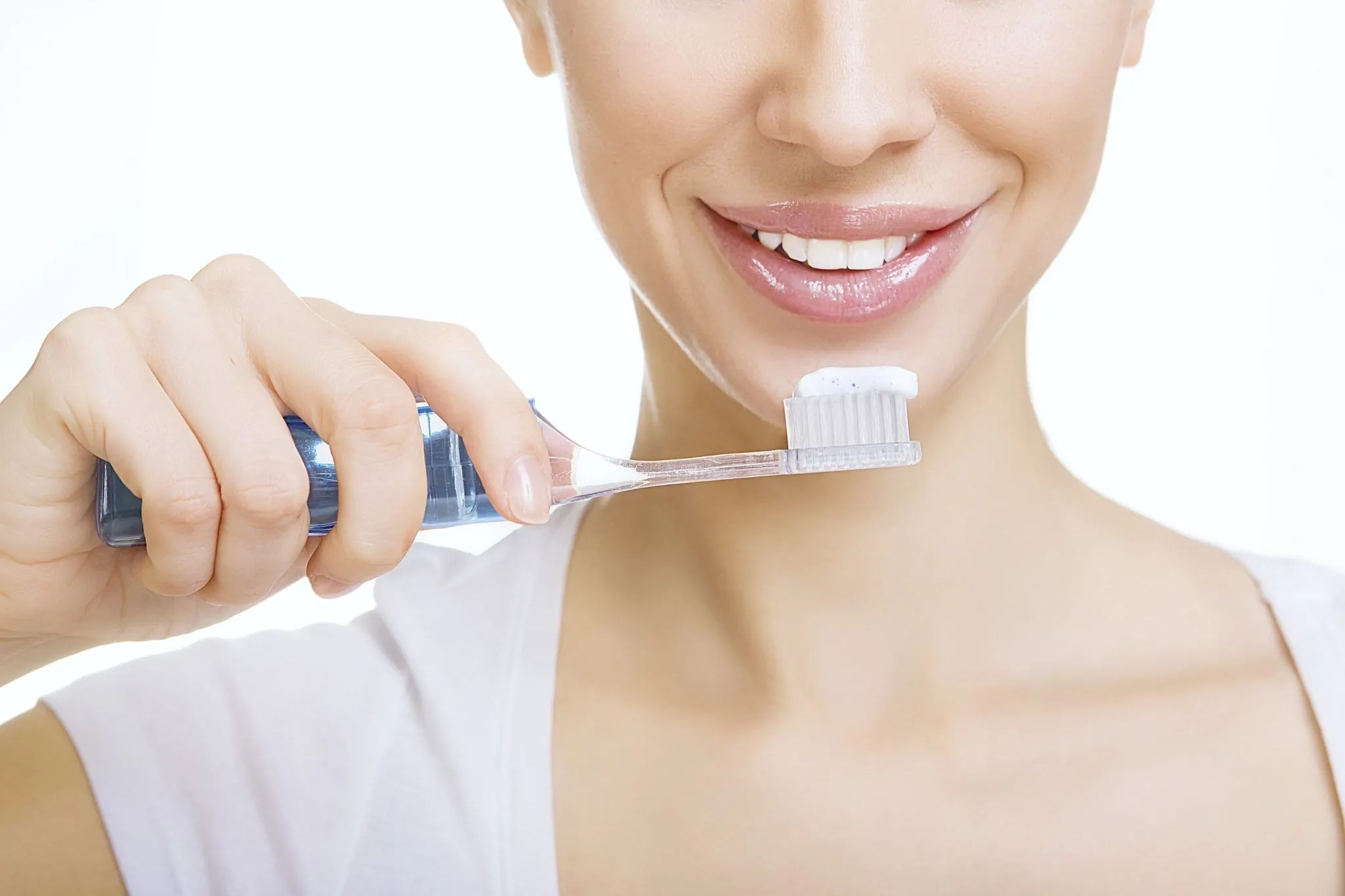
Regular dental check-ups and professional cleanings are essential components of maintaining a bright and healthy smile. During these visits, dentists can remove any tartar or plaque that brushing and flossing might have missed, which helps to prevent staining. A dental professional can also identify any early signs of dental problems, such as cavities or gum disease, which can be treated promptly to prevent further issues. These regular check-ups are important because they contribute to your overall oral health and assist in preserving the longevity of your teeth whitening results.
Initial Shade of Teeth
The initial shade of your teeth can impact the results and the longevity of your teeth whitening. Individuals with naturally darker teeth may find it more challenging to achieve the same degree of brightness compared to those with lighter initial shades. Additionally, teeth with deeper stains may require more extensive whitening treatments and might experience results that fade quicker. Understanding your starting point and having realistic expectations can help you and your dentist determine the best course of action. Proper assessment by a dental professional is crucial to set appropriate goals and select the most effective whitening method.
Strength of Whitening Product
The strength of the whitening product used plays a crucial role in determining the duration of your results. Professional in-office treatments use higher concentrations of bleaching agents, leading to more dramatic and immediate whitening. At-home kits typically contain lower concentrations, resulting in gentler yet potentially less long-lasting effects. The effectiveness and the longevity of your whitening depend on the strength of the product and also the frequency and duration of the application. Always follow your dentist’s instructions when using a product to ensure both the effectiveness and the safety of the treatment.
Maintenance and Touch-Ups

Proper maintenance is crucial for extending the life of your teeth whitening results. This involves following a consistent oral hygiene routine, avoiding stain-causing foods and drinks, and considering touch-up treatments. Regular maintenance can help you maintain a bright smile for an extended period, and it contributes to overall oral health. By adopting these practices, you can enjoy the benefits of a whiter smile for as long as possible.
Tips to Extend Whitening Results
Several strategies can help to extend the life of your teeth whitening results. Regularly brushing your teeth with a whitening toothpaste and flossing daily are fundamental. Use a straw when drinking staining beverages, and rinse your mouth with water after consuming staining foods and drinks. Schedule regular dental check-ups and cleanings to address any developing issues. Consider occasional touch-up treatments as advised by your dentist, especially if you are consuming staining items often. These actions help to preserve your bright smile for a longer duration.
When to Seek Professional Help
Consulting with a dental professional is essential if you experience persistent tooth sensitivity, gum irritation, or uneven whitening after undergoing a teeth whitening procedure. A dentist can assess any potential complications and recommend appropriate solutions to alleviate these issues. Additionally, regular check-ups are essential for maintaining your overall oral health and monitoring the effectiveness of your whitening treatment. If you notice significant changes in the appearance of your teeth or any discomfort, seeking professional dental care is necessary.
In conclusion, the longevity of your teeth whitening results depends on various factors, including the type of whitening treatment, your lifestyle choices, and your oral hygiene practices. While professional treatments offer more immediate and dramatic results, at-home kits provide a convenient and more affordable alternative. By adopting a proactive approach to oral care, making informed dietary choices, and considering periodic touch-ups, you can significantly extend the life of your bright, beautiful smile. Prioritizing oral health and consulting with your dentist will ensure the best possible outcomes and help you maintain your confidence for years to come.
